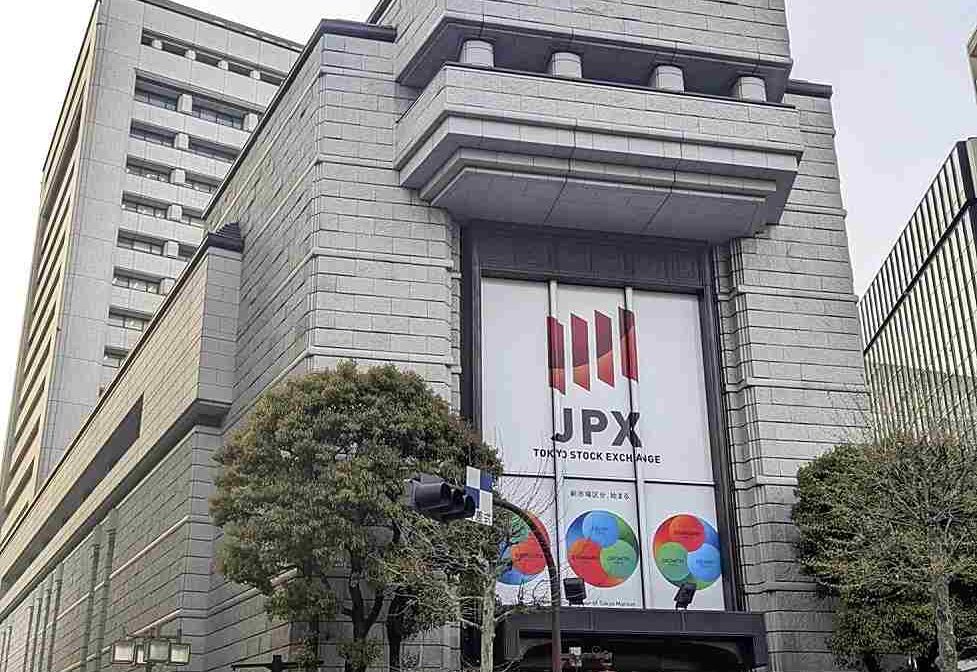
Tokyo Stock Exchange
10:50 JST, October 23, 2024 (updated at 15:50 JST)
TOKYO (Reuters) – Japan’s Nikkei share average fell for a third straight session on Wednesday as caution ahead of the country’s upcoming lower house election results overshadowed any boost from a weaker yen.
The Nikkei closed 0.8% lower at 38,104.86, while the broader Topix slid 0.55% to 2,636.96.
The losses came even as the yen weakened past the 152 per dollar level on Wednesday for the first time in nearly three months.
A softer yen tends to help exporter shares as it increases the value of overseas profits in yen terms when firms repatriate them to Japan.
“With a weaker yen, investors could become more positive about domestic stocks,” said Seiichi Suzuki, chief equity market analyst at the Tokai Tokyo Intelligence Laboratory.
“But they stayed away from making active bets as they awaited the outcome of the general election. That capped today’s gains and this trend will continue this week.”
Prime Minister Shigeru Ishiba dissolved the lower house of parliament on Oct. 9, setting up the snap election on Oct. 27.
Local media reported that the ruling Liberal Democratic Party (LDP) and its coalition partner Komeito may lose their majority in the election.
Japanese stocks began the day marginally higher, but lost steam over the course of the trading day to reverse their gains.
A bright spot was Tokyo Metro, whose shares shot up 44% in their market debut on Wednesday, closing at ¥1,739 ($11.42). Japan’s largest initial public offering in six years netted it $2.3 billion with promises of generous dividends.
Within the Topix, Toyota Motor rose roughly 3% to become the top gainer. Honda Motor closed up 2.2%.
Automakers added 2.13% to become the best performer among the Tokyo Stock Exchange’s 33 industry sub-indexes.
Among the Nikkei heavyweights, staffing agency Recruit Holdings fell 4.93% and Uniqlo-owner Fast Retailing slipped 1.67%.
Home interior goods retailer Nitori Holdings, whose share prices are affected by a weaker yen as it imports most materials for its products from abroad, fell 2.81%. ($1 = ¥152.2800 ) (Reporting by Junko Fujita; Editing by Sumana Nandy and Janane Venkatraman)
Top Articles in News Services
-

Survey Shows False Election Info Perceived as True
-

Hong Kong Ex-Publisher Jimmy Lai’s Sentence Raises International Outcry as China Defends It
-

Japan’s Nikkei Stock Average Touches 58,000 as Yen, Jgbs Rally on Election Fallout (UPDATE 1)
-

Japan’s Nikkei Stock Average Falls as US-Iran Tensions Unsettle Investors (UPDATE 1)
-

Trump Names Former Federal Reserve Governor Warsh as the Next Fed Chair, Replacing Powell
JN ACCESS RANKING
-

Producer Behind Pop Group XG Arrested for Cocaine Possession
-

Japan PM Takaichi’s Cabinet Resigns en Masse
-

Man Infected with Measles Reportedly Dined at Restaurant in Tokyo Station
-

Israeli Ambassador to Japan Speaks about Japan’s Role in the Reconstruction of Gaza
-

Videos Plagiarized, Reposted with False Subtitles Claiming ‘Ryukyu Belongs to China’; Anti-China False Information Also Posted in Japan

























